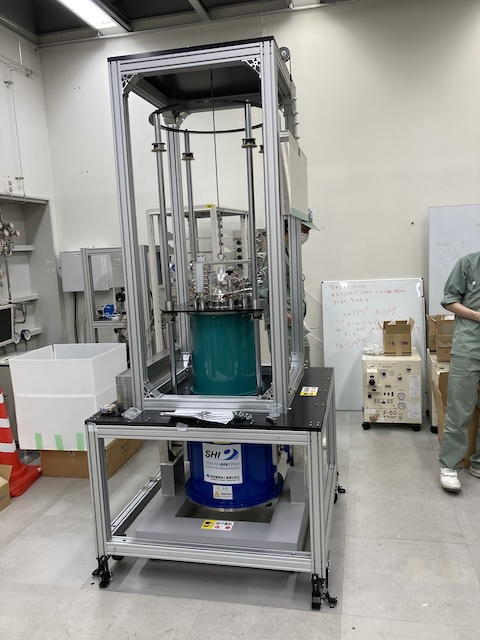Japan's Breakthrough: Domestic Refrigeration Systems for Semiconductor Quantum Computers
Japan has achieved a significant milestone with the development of its first domestically produced refrigeration system designed specifically for semiconductor quantum computers. This advancement marks an important step in the nation's quantum computing capabilities and infrastructure.

The Magnet Question
One of the most critical design considerations in quantum computing refrigeration systems is whether to incorporate magnets. The first Japanese unit includes a superconducting magnet, while some companies are opting for permanent magnets instead. The choice of magnet technology significantly impacts the overall system design:
- Superconducting Magnets: Offer powerful, stable magnetic fields but require more complex cooling systems
- Permanent Magnets: Enable more compact designs with simplified cooling requirements
This design decision will likely remain a pivotal consideration as the industry evolves. For the near future, many semiconductor companies are expected to continue using magnetic systems with microwave control as they work to increase qubit counts.
Temperature Performance
While semiconductor quantum computing manufacturers typically target operating temperatures around 1 Kelvin, actual systems are achieving impressive performance in the 0.3-0.5K range. Notably, these ultra-low temperatures can be reached using commercially available Gifford-McMahon (GM) refrigerators without requiring dilution refrigeration systems.
Industry Approaches
Our company, though not a hardware manufacturer, is pursuing development of systems with ideal control mechanisms that don't require microwaves. This approach enables further miniaturization of quantum computing systems.
For hardware development, we utilize Sumitomo Heavy Industries' 4K GM refrigerators, demonstrating that commercially available cooling technology can effectively support quantum computing research and development.
As the quantum computing landscape continues to evolve, these cooling innovations will play a crucial role in scaling up qubit counts and improving overall system performance while potentially reducing the size and complexity of quantum computers.
